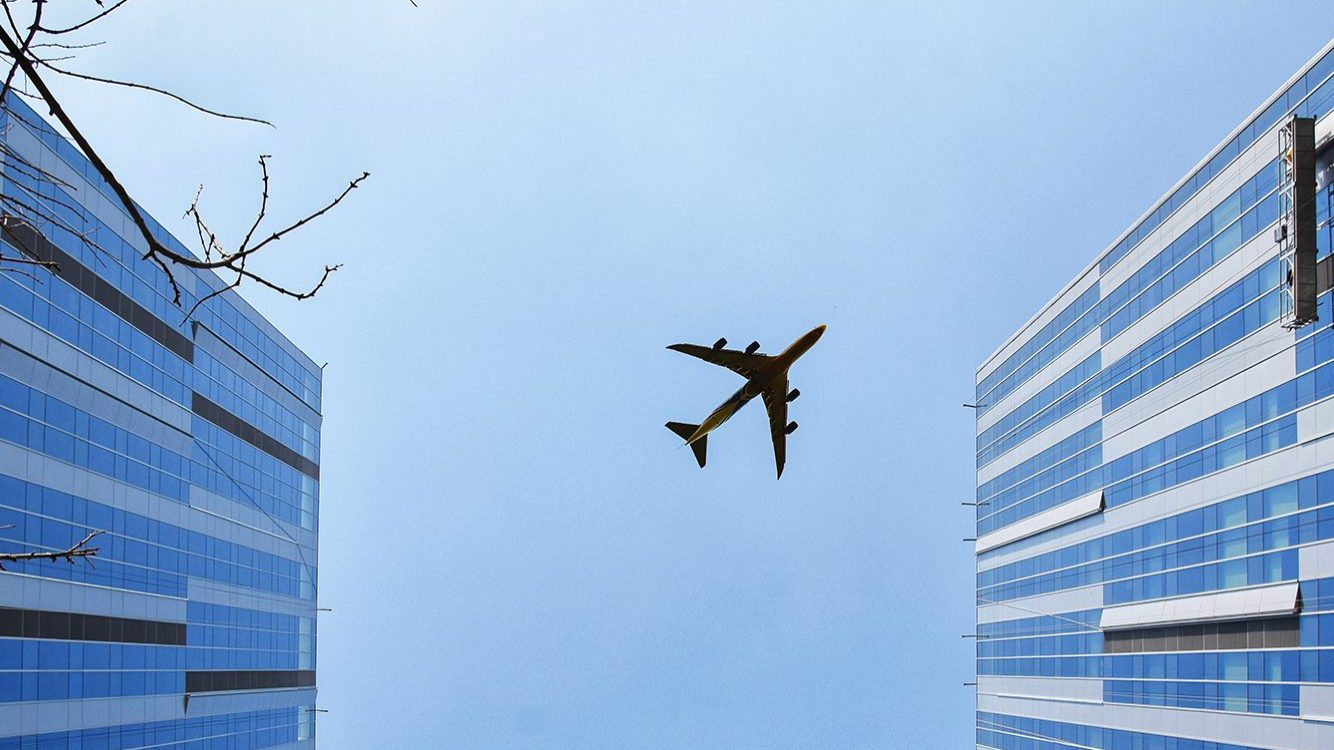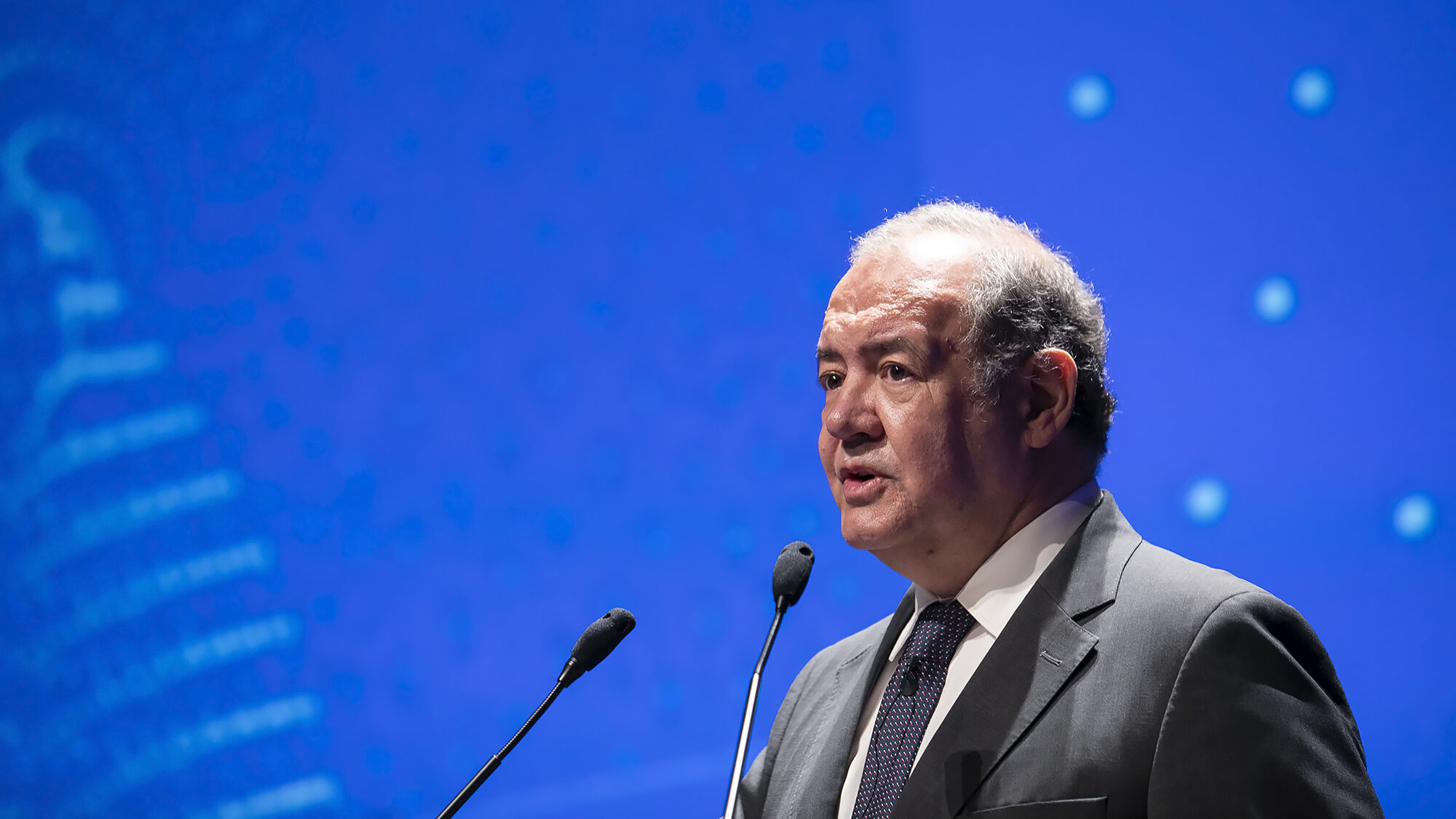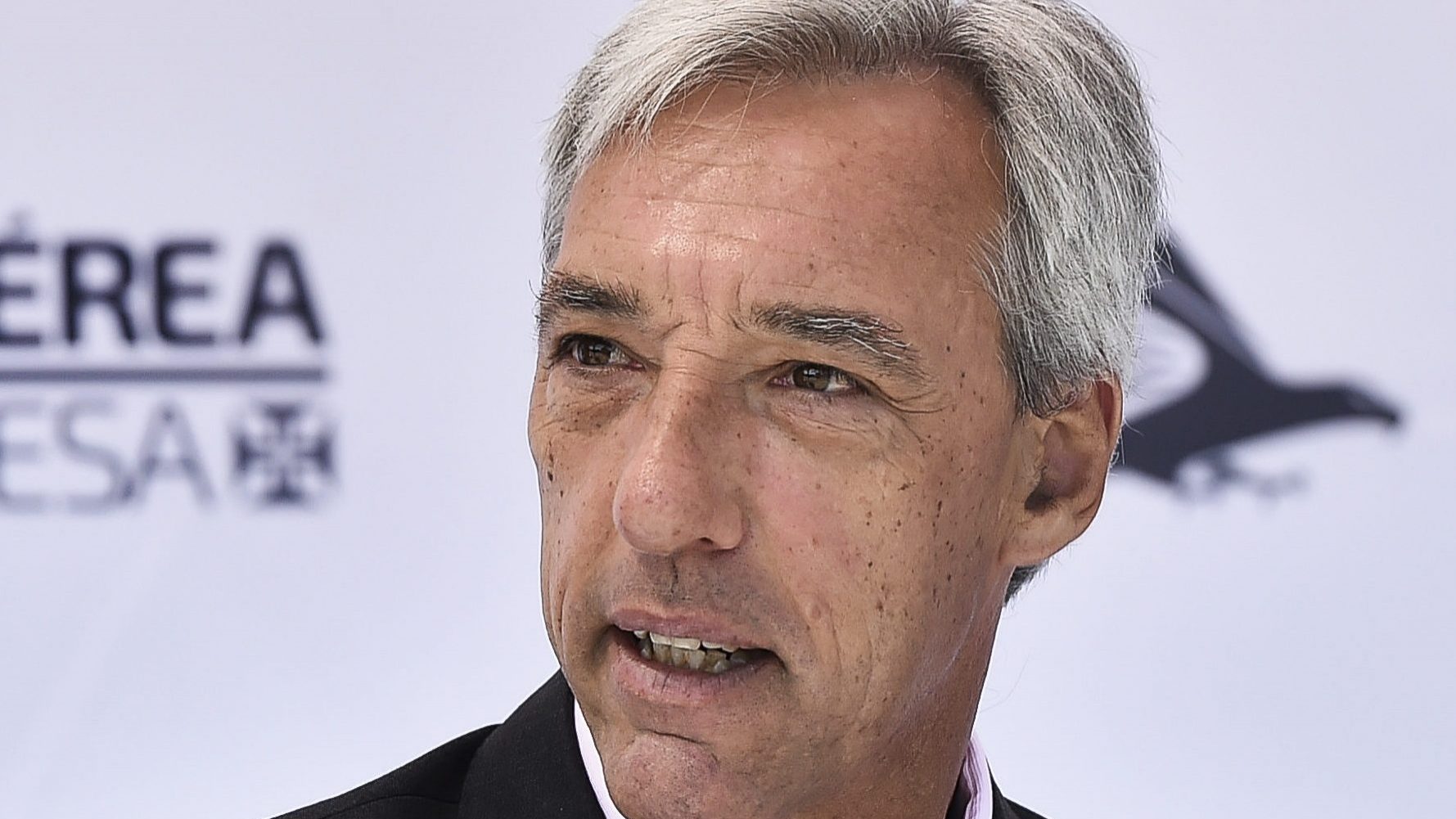High expectations for Portugal’s candidacy to UN Security Council
According to João Gomes Cravinho, "there is a very positive expectation" regarding Portugal's candidacy for a seat as a non-permanent member of the UN Security Council for the 2027-2028 biennium.
Portugal’s foreign affairs minister, who is in New York with an intense agenda of contacts, has found “a very positive expectation” regarding the Portuguese candidacy for a non-permanent seat on the UN Security Council in 2027-2028.
Speaking to Lusa news agency and Antena 1 radio in New York, minister João Gomes Cravinho said he has had “contacts with countries from all over the world” on the sidelines of the 77th session of the United Nations General Assembly.”
On Monday alone, he met with his colleagues from Ghana, the Gambia, Saint Vincent and the Grenadines, Egypt, and the Central African Republic, among other countries, and will continue bilateral meetings throughout the week.
According to João Gomes Cravinho, “there is a very positive expectation” regarding Portugal’s candidacy for a seat as a non-permanent member of the UN Security Council for the 2027-2028 biennium.
“What I can conclude from Monday’s conversations is that there is a very positive expectation, because they see Portugal as a bridge builder, a country that knows how to dialogue with very diverse countries, from other parts of the world,” he stressed.
The minister also stressed that this week of the UN General Assembly “is an opportunity to contact countries with very different experiences” and to “understand what these very different countries, from different parts of the world, consider to be the major international problems they face.”
João Gomes Cravinho gave as an example the invasion of Ukraine by the Russian Federation, a war that has global economic consequences, but “is not necessarily the most important issue for countries in other parts of the world”.
“A very important part of the dialogue with these countries is to try to identify ways in which we can develop a common approach,” he added.
The Security Council, created to maintain international peace and security in accordance with the principles of the United Nations, is a body with five permanent members with the right of veto: the United States, the Russian Federation, France, the United Kingdom and the People’s Republic of China.
Every year, the General Assembly elects five from a total of ten non-permanent members, which, under the terms of a UN resolution, are distributed as follows: five African and Asian, one from Eastern Europe, two from Latin America, two from Western Europe and other States.
Portugal has already been a non-permanent member of the UN Security Council in 1979-1980, 1997-1998 and 2011-2012.
Germany and Austria are also candidates to join the Security Council in 2027-2028. The elections for the seats to be held in the biennium will take place in 2026.
In January 2013, the then foreign minister, Paulo Portas, announced that Portugal would present a new candidacy to the Security Council for a mandate in 2027-2028 and asked Portuguese diplomats to start working on that goal right away.
“For those who think it is still a long way off, remember that whenever we were elected, we started working very early,” Paulo Portas said at the time at a diplomatic seminar in Lisbon.
In September last year, the President of the Republic, Marcelo Rebelo de Sousa, asked for the confidence of the member states of the United Nations General Assembly for a mandate for Portugal on the Security Council in 2027-2028.
“We have not changed our principles. And we will also maintain the same course, should you give us your confidence for a mandate on the Security Council five years from now,” Marcelo Rebelo de Sousa said at the 76th session of the UN General Assembly in New York.


